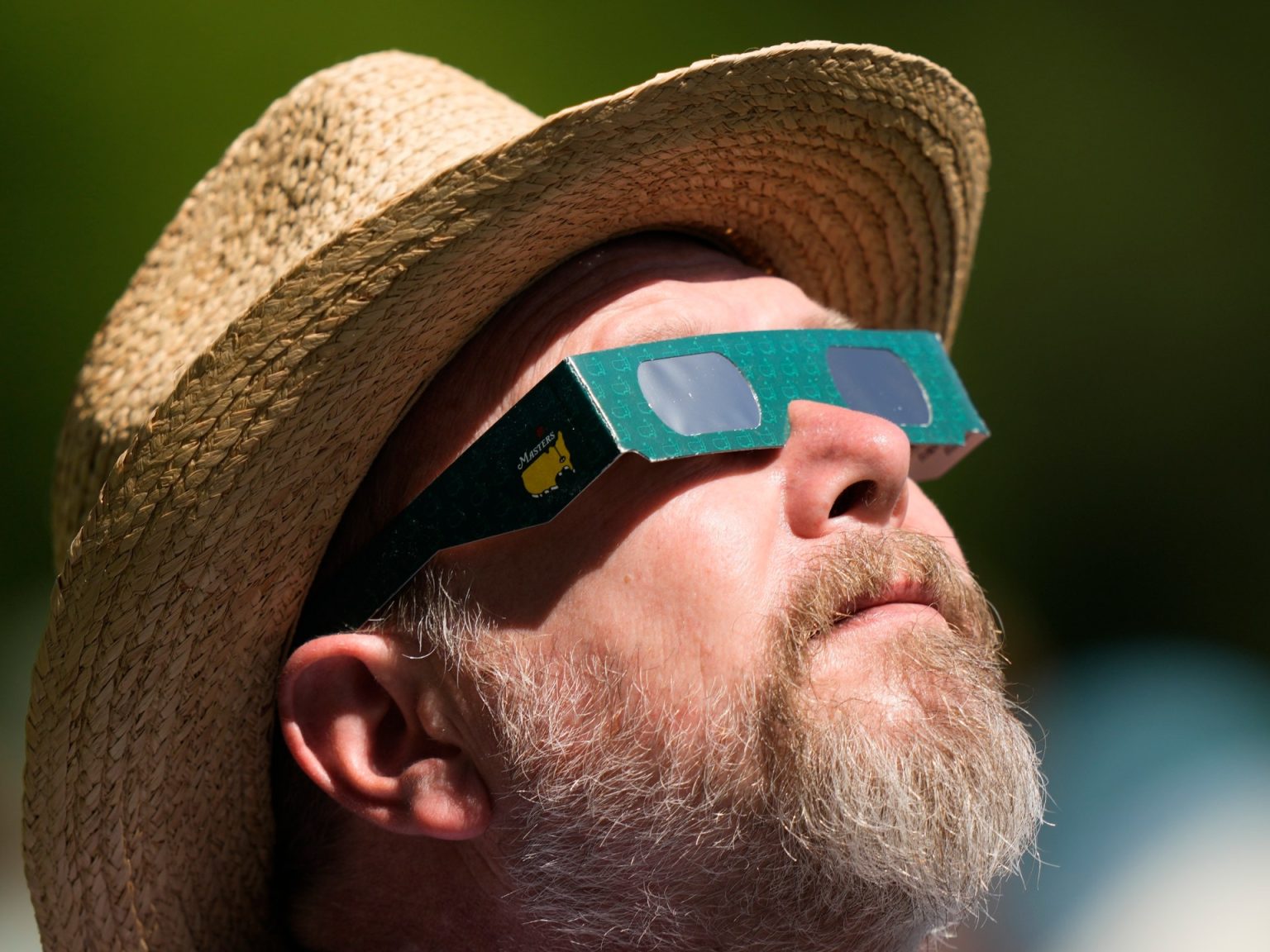On Monday, people across North America were able to witness a total solar eclipse, a rare celestial event that will not occur again for another two decades. While solar eclipses are not uncommon, they usually occur in areas where they cannot easily be seen. This particular eclipse provided a relatively rare opportunity for scientists and star-gazers alike to experience the shadow cast by the moon without having to go to great lengths to witness it. The last total solar eclipse in North America was in 2017, with the next opportunity for viewing in this region not expected until 2044 and 2045.
The eclipse began in Mexico and then moved through central Texas, where a local eclipse festival was canceled due to the risk of severe weather. The path of totality then continued through the southern US and into the northeast, following the border with Canada. Schools across various states canceled classes for the day to allow students to enjoy the event and to ensure their safety. Even outside the path of totality, people gathered in open spaces to witness the moon passing in front of the sun, with some areas seeing coverage of over 87 percent by peak time.
In Washington, DC, spectators gathered on rooftops and the National Mall to watch the eclipse unfold, despite the sky remaining bright throughout the event. The Masters Tournament in Augusta, Georgia, a major golf championship, briefly paused as players observed the eclipse. Tournament organizers distributed special glasses for participants to safely view the eclipse, which was only partially visible from the southern state. Professional golfer Brian Harman joked about the timing of the eclipse coinciding with the tournament, making light of the superstitions and folktales surrounding such events.
The next total solar eclipse expected in North America is in 2026, when the eclipse will sweep south from the Arctic, appearing over Greenland, Iceland, and parts of Spain. Despite solar eclipses occurring regularly, the opportunity to witness a total solar eclipse is relatively rare due to their location. Monday’s eclipse provided a unique chance for people to observe this phenomenon without needing to travel great distances. The cancellation of events and school closures across various states reflected the significance of the eclipse and the desire to ensure everyone’s safety while enjoying the celestial event.
Overall, the total solar eclipse that occurred on Monday provided a memorable experience for people across North America, who gathered to witness this rare phenomenon. From schools canceling classes to golf tournaments pausing their games, the eclipse captivated the attention of many. Despite the sky remaining bright during the eclipse, people were able to experience the awe-inspiring sight of the moon passing in front of the sun, casting a shadow on the earth below. The uniqueness of each total solar eclipse and the limited opportunities to witness them firsthand make these events particularly special for those who are lucky enough to be in the right place at the right time.


